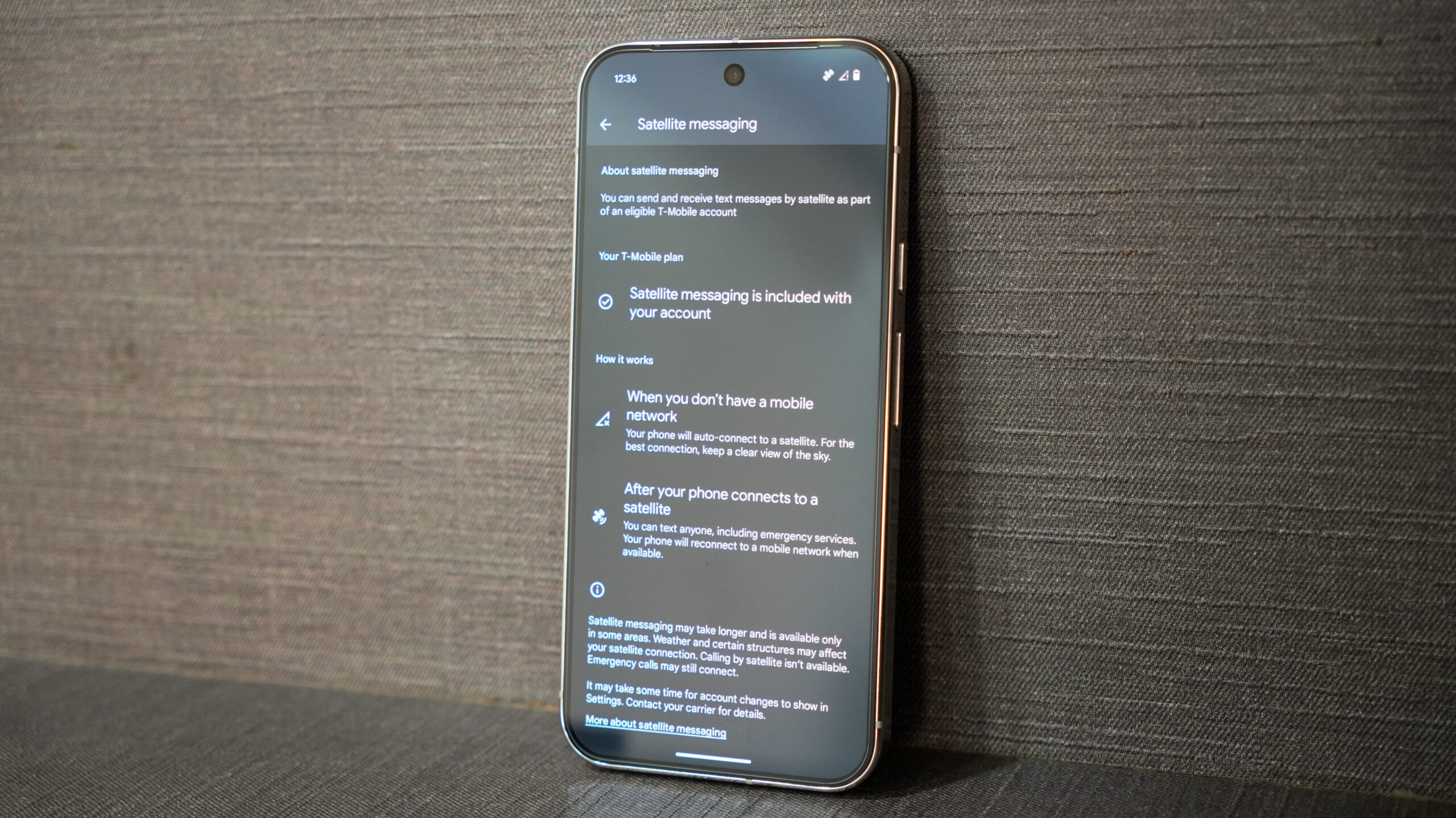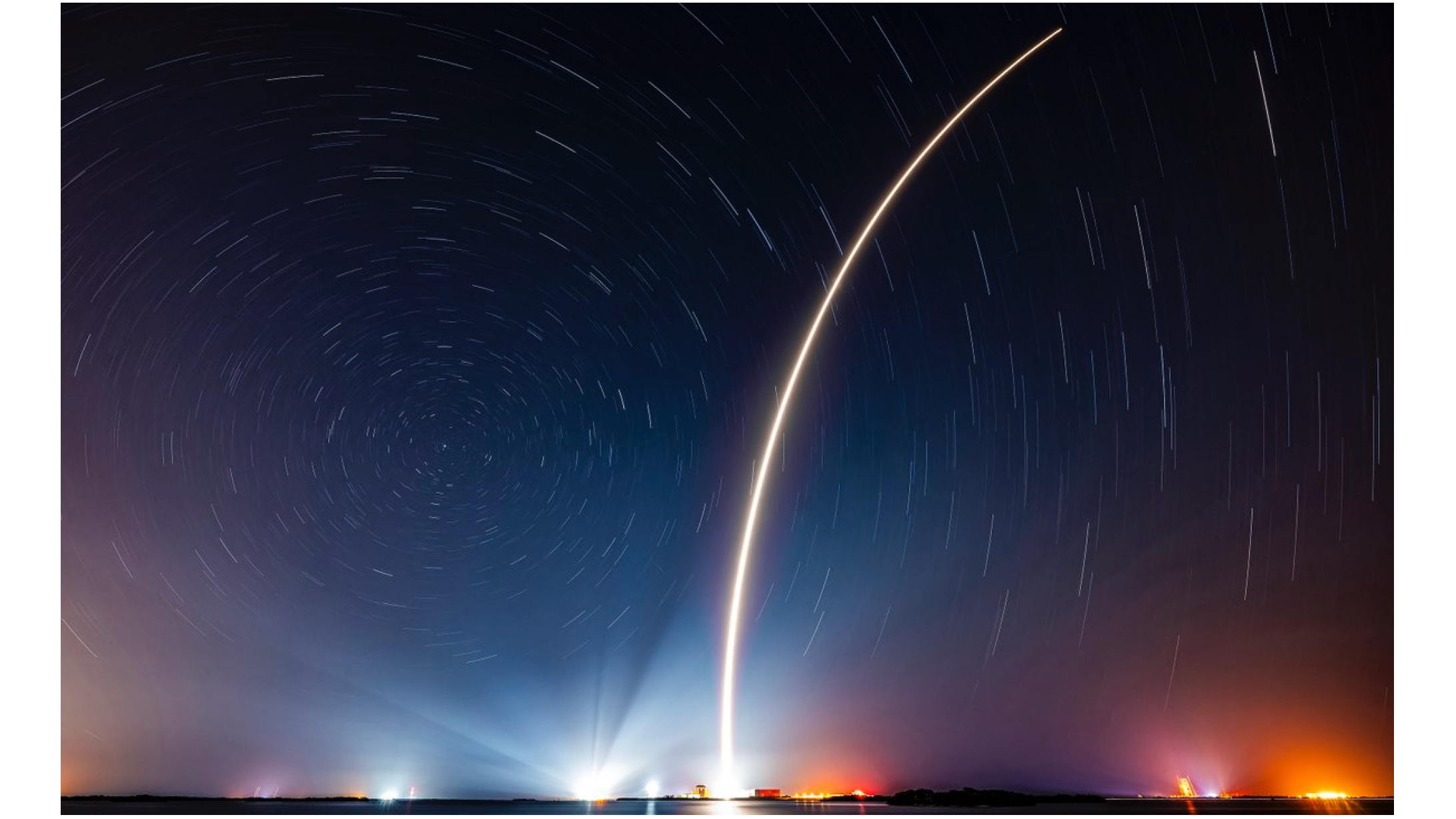The Guardian view on owning the heavens: the perils of letting capitalism colonise the cosmos | Editorial
Donald Trump ignited a scramble that is transforming space from shared frontier to private asset – raising questions about law, equity and ethicsIn 2015, a rare moment of US congressional unity passed the Space Act – to mine asteroids as if they were open seams of ore and harvest planets like unclaimed farmland. Quietly signed by President Barack Obama, it now reads as a premature act of enclosure: staking titles in a realm we scarcely understand. Though some expressed concerns at the time, it was justified by the idea of inevitable progress. Such naivety evaporated with Donald Trump. Space had been humanity’s last commons, shielded by a 1967 Outer Space treaty. Mr Trump declared it dead in 2020, signing the Artemis Accords and enlisting 43 allies, including the UK, in the legalisation of heaven’s spoils. In March, Mr Trump vowed to plant the stars and stripes on Mars – and beyond. The age of celestial commons was brief, if it ever began.A new report by the Common Wealth thinktank, titled Star Wars, warns that a powerful coalition – composed of private corporations, billionaires such as Elon Musk and Jeff Bezos, and “neoliberal” thinktanks – is working to extend earthly ownership structures to space. The report’s author, Durham University’s Carla Ibled, calls it “the transfer of shared resources into the hands of a few”. The 1967 treaty bans state exploitation of space, but is vague on private claims – a loophole now fuelling a tycoon-led scramble for the stars. The aim is obvious: to act first, shape norms and dare others to object. Continue reading...

Donald Trump ignited a scramble that is transforming space from shared frontier to private asset – raising questions about law, equity and ethics
In 2015, a rare moment of US congressional unity passed the Space Act – to mine asteroids as if they were open seams of ore and harvest planets like unclaimed farmland. Quietly signed by President Barack Obama, it now reads as a premature act of enclosure: staking titles in a realm we scarcely understand. Though some expressed concerns at the time, it was justified by the idea of inevitable progress. Such naivety evaporated with Donald Trump. Space had been humanity’s last commons, shielded by a 1967 Outer Space treaty. Mr Trump declared it dead in 2020, signing the Artemis Accords and enlisting 43 allies, including the UK, in the legalisation of heaven’s spoils. In March, Mr Trump vowed to plant the stars and stripes on Mars – and beyond. The age of celestial commons was brief, if it ever began.
A new report by the Common Wealth thinktank, titled Star Wars, warns that a powerful coalition – composed of private corporations, billionaires such as Elon Musk and Jeff Bezos, and “neoliberal” thinktanks – is working to extend earthly ownership structures to space. The report’s author, Durham University’s Carla Ibled, calls it “the transfer of shared resources into the hands of a few”. The 1967 treaty bans state exploitation of space, but is vague on private claims – a loophole now fuelling a tycoon-led scramble for the stars. The aim is obvious: to act first, shape norms and dare others to object. Continue reading...









































































